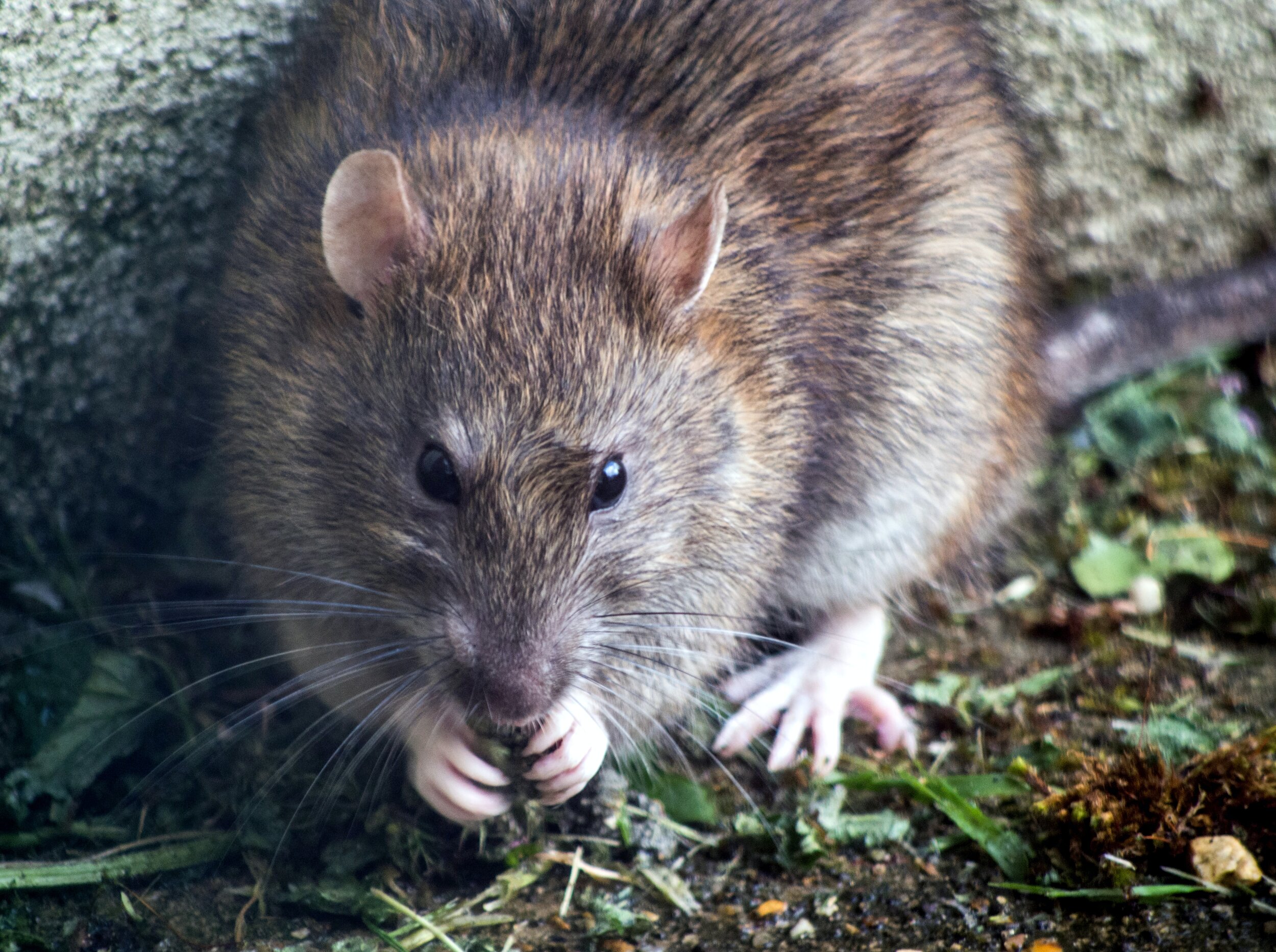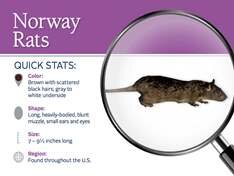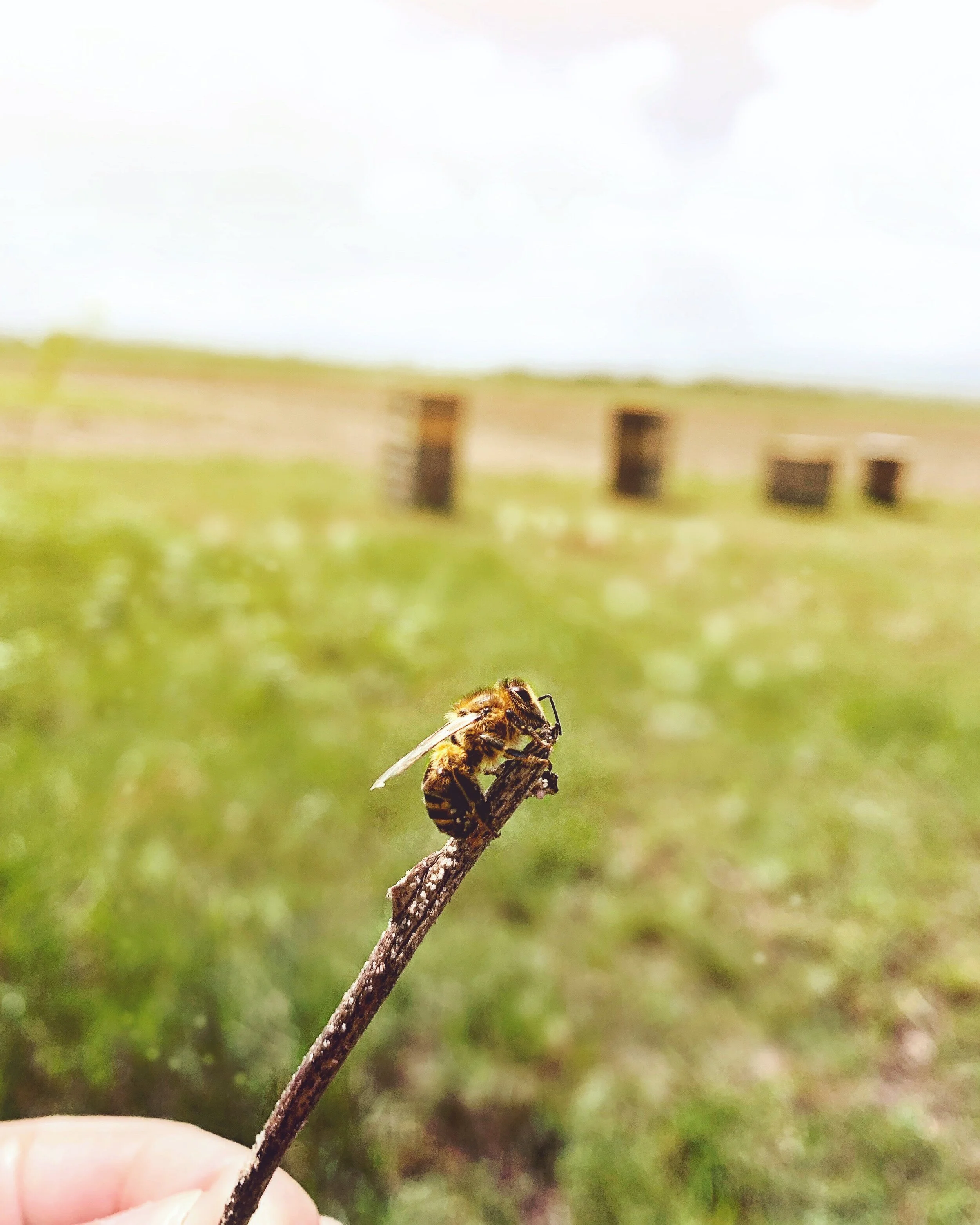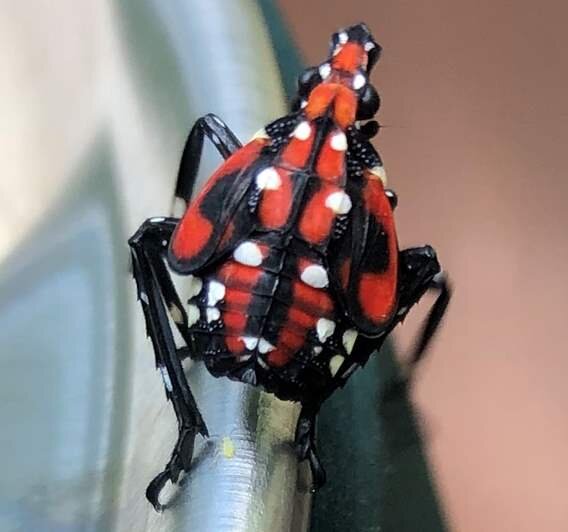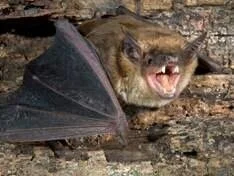Days are already getting shorter and there’s pumpkin spice in everything from your breakfast cereal to your beer. Soon (not soon enough, amirite?) the temperature will start to drop and some of the creatures outside may start thinking about coming inside. Read on and we’ll give you info on what animals to look out for and some tips to make sure they don’t find a way inside your house.
Mice
These tiny creatures (each only 1-2 inches long, not including tails) are said to be the most common mammal in the entire United States. Despite their diminutive size, the common house mouse can cause BIG problems. Not only do they reproduce at an alarming rate (up to 12 babies every few weeks!) but they are known to carry up to 200 human pathogens, including salmonella and Hantavirus. Mice will enter your home through holes no larger than a dime, so each crack and crevice is an open invitation to mice: “Come on in and set up house!” When they’re outside, they eat cereals, seeds, nuts, fruit and sometimes insects. When they’re inside, they’ll eat almost anything. They are also surprisingly agile. While you won’t see them doing any Simone Biles moves, they can jump a foot into the air, and climb up cabinetry in the kitchen to get to food.
How can you tell if you have mice? Look for the tiny brown droppings (they eat all day long so there will be plenty!) and micro-puddles of sticky, smelly mouse urine. They’ll also leave lots of gnaw marks where they’re trying to get to food. If you see one mouse, as with most pests, there are definitely more you can’t see.
What can you do? Start now sealing up cracks and openings in your home. Pay special attention to the areas around pipes going in and out. Steel wool works great to close these up, as well as spray foam and caulk. If the mice have already made it inside, there are a number of kinds of traps and poisons. If you’ve got a real infestation, please call a professional.
Rats
Norway rats are what we commonly refer to as street rats or sewer rats. Like mice, they’re found all throughout the United States, but they’re much larger than mice (by 6-8 inches!). Despite their larger size, they still manage to get inside homes and businesses, sometimes by gnawing their way in. Fun fact about rat teeth: the incisors NEVER stop growing so the rats need to chew to keep the teeth at a functional length. Rats can and will chew through wood and plastic, but you may not realize they can also chew cement, brick, cinder blocks and aluminum! Also similar to mice, they reproduce rapidly and a female can have up to six litters a year!
How can you tell if you have a rat problem? You’ll see evidence of gnawing around your house or property, droppings which are shaped like capsules, and possibly oily marks along walls where their fur has rubbed.
What can you do? Cover and seal food containers and garbage cans. Eliminate leaky pipes, especially from damp basements and crawl spaces; rats, like all mammals, need a water source to survive, don’t supply it! Store firewood a good distance from the house (20 ft) and keep shrubbery trimmed away from the house. Screen your attic vents and chimneys, and seal up cracks and crevices. As with mice, steel wool works to plug up holes. Copper wool also works and will not rust. Replace worn weather stripping and repair your screens.
Sometimes despite your best efforts, vermin like mice or rats find a way into your house. It’s estimated that mice invade up to 21 million homes every year between now and February. If they’re already inside, call a pest professional, we can help you eliminate your rodent problem safely and effectively.

